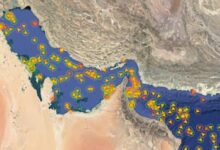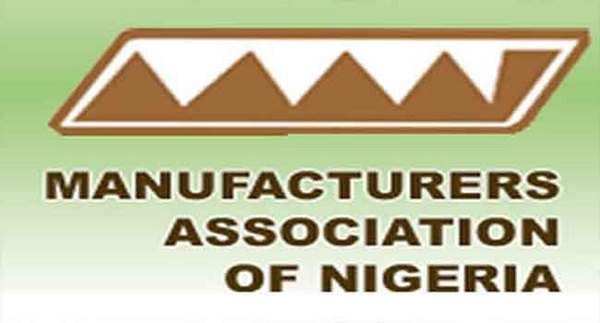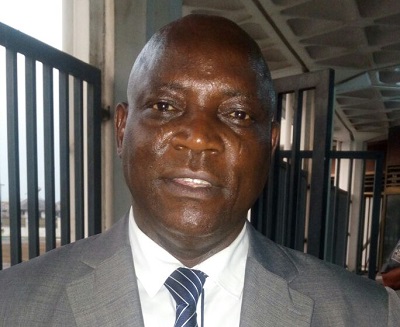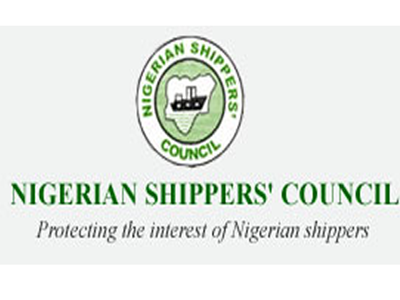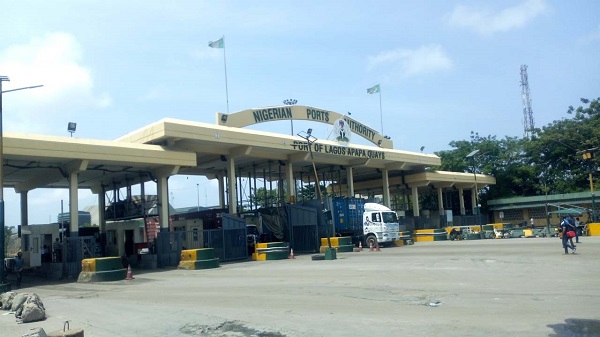FG Seeks N43.2 billion Funding Windows For TTPs, ICDs
A breakdown of this figure shows that one TTP project site will cost an average of N4.8 billion, with the Minister of Transportation, Rt. Hon. Rotimi Amaechi saying that the “project is worthwhile on different financing models.”
The locations are: Port Novo Creek in Lagos, Ogere in Oyo, Onitsha in Anambra, Jebba in Kwara, Lokoja in Kogi, Obollo- Afor in Enugu, Mararaban-Jos in Kaduna, Ore in Ondo and Umunede in Delta states. Edo, Kebbi and more states have shown interest in hosting the TTP project.
The TTP investment windows were unveiled last week at a Breakfast Meeting with the theme: Financing Transport Infrastructure-Inland Dry Ports (IDPs) and Truck Transit Parks (TTPs)organized by the NSC, an agency under Federal Ministry of Transportation, in Lagos.
Speaking at the occasion, the Minister of Transportation, Hon. Rotimi Amaechi assured investors in the Inland Container Depots (ICDs) also called dry ports and Truck Transit Parks (TTPs) that the Federal Government has taken steps to ensure that all risks are mitigated in order to secure investors’ funds.
The Minister revealed that the government had conducted some studies with the results promising comfortable cash-flow for Loan-Life Cover Ratio (LLCR) and Debt Service Cover Ratio (DCSR).
Highlighting this as part of the steps taken by the government to ensure requisite financing structure for these projects by investors, Rotimi Amaechi also said that the success of ICDs and TTPs in Nigeria would be a major milestone in achieving modern transport systems in the country.
Commending the attendance of the meeting by various Embassies, High Commissions, Multilateral Development Banks (MDBs), Institutional Investors, Governors, etc., Amaechi said; “the presence of this high profile representatives is a testimony of the faith which the investing public have in this project. Our invitation is for investment in understandable, controllable and finite risk projects. The Infrastructure Concession Regulatory Commission (ICRC) and the Nigerian Sovereign Investment Authority share our vision”
The event became imperative because of the existing funding gap in transport infrastructure in the country, which according to the Director-General of Nigerian Stock Exchange (NSE), Mr. Oscar Onyema is estimated to be greater than US$750billion over the next 30 years.
Assuring that the NSE will continue to seek ways to deepen the market by launching infrastructure funds that will focus on sectors such as transport and other utilities, Onyema said that the capital market recently berthed Nigeria Infrastructure Debt Fund (NIDF) which is billed to raise N200billion, adding that this “is an ideal investment vehicle for the planned truck transit parks and inland dry ports. We believe that these achievements will improve investors’ confidence and will go a long way to support the Federal Ministry of Transport and Nigeria Shippers’ Council in their quest to unlock the private sector investment required for financing the transport infrastructure gap.”
He listed other funding opportunities from the capital markets to include exploring the Special Purpose Vehicle (SPVs) to gain access to low-cost, long-term capital, which can be achieved via public bond issuance by a project company, or by incorporating a separate company to issue bonds and lend the proceeds to the project company.
On providing legal framework for the TTPs, the Secretary General of the Abuja Memorandum of Understanding (MoU) on Port State Control in West and Central Africa, Mrs. Mfon Usoro said there are sufficient legislations that cover the TTPs operation as they do not require new ones, emphasizing that the NSC as the port economic regulator has been empowered to not only protect the interests of shippers but regulate the economic activities of the sector.
Blame Senate for bad port access roads
In a related development, despite several reports on the physical, emotional and economic challenges of using the Tin Can and Apapa ports as a result of the shambolic state of the roads, there seems to be no reprieve in sight according to the Minister for Works, Power and Housing, Mr. Babatunde Fashola.
The Minister made this shocking disclosure even as he blamed the Nigerian Senate during an exclusive chat with MMS Plus newspaper during the annual business luncheon of Women’s International Shipping and Trading Association (WISTA) Nigeria, last week.
Highlighting one of the major challenges facing the construction of roads in country, the Minister who was represented by his Special Assistant on Technical, Mr. Kabiru Hamzat said, “The problem is the amount of money that is allocated to us. You can put any amount as a Ministry but the parliament has the right to reduce at its will. If they reduce it, what do you do? These are some of the issues that Nigerians should debate, but people complain about other things that are not relevant”
“Apapa road is important to you but to somebody in Kano who happens to be a Senator, he is not interested. He is only interested in roads in his state or those leading to his state. These people aren’t going to consider the economic implications of certain roads. They are only in the parliament to protect the interest of their people because they would eventually have to report back to their people. Lagos-Ibadan expressway is important that that is why we budgeted about N31.5billion for it but the Senate slashed it by N10billion. We can’t go outside their approval because we would be violating the law” Kabiru said.
He explained that the Ministry was trying strike a balance in the geographical spread of projects across the nation. Drawing an analogy, he said, “Like a father who has ten children, we have to ensure that all children get something. The resources available to the Ministry aren’t enough to fix all the roads. Therefore, we must choose via certain criteria such as economic roads, agricultural base roads, roads that lead to certain government institutions, ports, etc.”
“If you go to Dubai, you would be excited that there are beautiful roads but everybody pays for it via tolls. In Nigeria, nobody wants to pay tolls and we are all suffering for it because the government resources aren’t enough. We complain when the government owes teachers or doctors; so you also have to note that the government can’t just fix the roads with revenue that ought to be for schools or medical practitioners” he added.
Speaking further on the traffic gridlock on the Apapa roads, Mr. Hamzat urged port operators to expedite the processes for calling trucks into the port. “It takes about 30 minutes for one truck to process entry into the ports. This means even if the ports operate 24 hours, we wouldn’t be able to handle more than 48 trucks in a day. Yet there are hundreds of trucks clogging the port access roads” he said.
Speaking with MMS Plus at a different time on the state of the port access road, the Managing Director of Nigerian Ports Authority (NPA), Ms. Hadiza Bala- Usman said, “I was at the location few weeks ago and I was disappointed at the pace of the construction and I made my worries known to the contractor. Part of the problems was the relocation of some property. The funding of the project didn’t include the cost of relocation and the challenges of funding the relocation of utilities became an issue. They found gasoline and electric power cables that need to be relocated. We have reported that concern to the minister of works, Mr. Babatunde Fashola. He is also relating the problem to the Bureau of Public Procurement to look at the funding components and include the cost of relocation of utility to enable the constructors make progress. I also made them understand that they need to do more work on providing the staff and map out solution to resolving these issues.”
Copyright MMS Plus.
All rights reserved. This material, and other digital content on this website, may not be reproduced, published, broadcast, rewritten or redistributed in whole or in part without prior express written permission from KINGS COMMUNICATIONS LIMITED.







